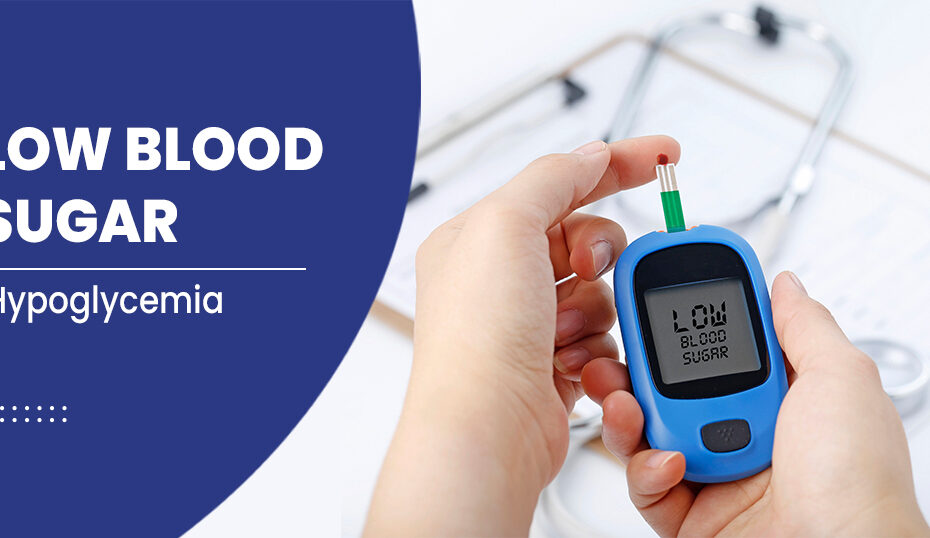Introduction:
Living with diabetes is a daily balancing act, where maintaining blood sugar levels within a healthy range is crucial. While high blood sugar levels are a well-known concern, low sugar or hypoglycemia poses a unique challenge in the treatment of diabetes. In this blog, we will explore the intricacies of managing low sugar in Diabetes and the potential complications it brings to the Ayurvedic way by using Thamara 20.
1. The Double-Edged Sword: Balancing Act of Diabetes Treatment
Managing diabetes often involves medications, lifestyle modifications, and close monitoring of blood sugar levels. Striking the right balance is essential to prevent both hyperglycemia (high blood sugar) and hypoglycemia (low blood sugar). However, hypoglycemia can be a more immediate threat, requiring swift action to avoid serious complications.
2. Unraveling the Causes of Low Sugar: Medications and Lifestyle Factors
Understanding the root causes of hypoglycemia is crucial for effective management. Medications such as insulin and certain oral hypoglycemic agents can lead to low blood sugar levels. Additionally, skipping meals, excessive physical activity, and alcohol consumption can contribute to hypoglycemia. Recognizing these factors is the first step in crafting a personalized diabetes management plan.
3. Recognizing the Symptoms: A Call for Vigilance
Low sugar levels can manifest through various symptoms, including shakiness, sweating, irritability, confusion, and in severe cases, loss of consciousness. Recognizing these signs is vital for individuals with diabetes and their caregivers. Regular blood sugar monitoring becomes a lifeline in preventing hypoglycemia-related complications.
4. Immediate Action: Treating Hypoglycemia on the Spot
In the event of low blood sugar, prompt action is paramount. Consuming fast-acting carbohydrates, such as glucose tablets, fruit juice, or candies, can quickly raise blood sugar levels. Education and preparedness are key components of diabetes management, ensuring that individuals know how to respond swiftly to prevent hypoglycemia from escalating.
5. The Ripple Effect: Long-Term Consequences of Frequent Hypoglycemia
Consistent episodes of low blood sugar can have lasting effects on a person’s health. Repeated hypoglycemic events may lead to impaired awareness of low blood sugar, making it more challenging for individuals to recognize and address the issue promptly. This cycle can undermine overall diabetes management efforts and impact quality of life.
6. Tailoring Treatment Plans: A Collaborative Approach
Effective diabetes management requires a collaborative effort between individuals with diabetes, healthcare professionals, and support networks. Tailoring treatment plans to address the specific needs and lifestyle of each person is crucial.
Regular communication with healthcare providers helps in adjusting medications and strategies to minimize the risk of hypoglycemia.
Conclusion:
Navigating the tightrope of diabetes treatment involves not only controlling high blood sugar levels but also preventing the pitfalls of low sugar or hypoglycemia. Awareness, education, and a personalized approach to care are essential components in achieving a delicate balance. By understanding the causes, recognizing symptoms, and taking prompt action, individuals with diabetes can minimize the impact of hypoglycemia and lead healthier, more balanced lives.
